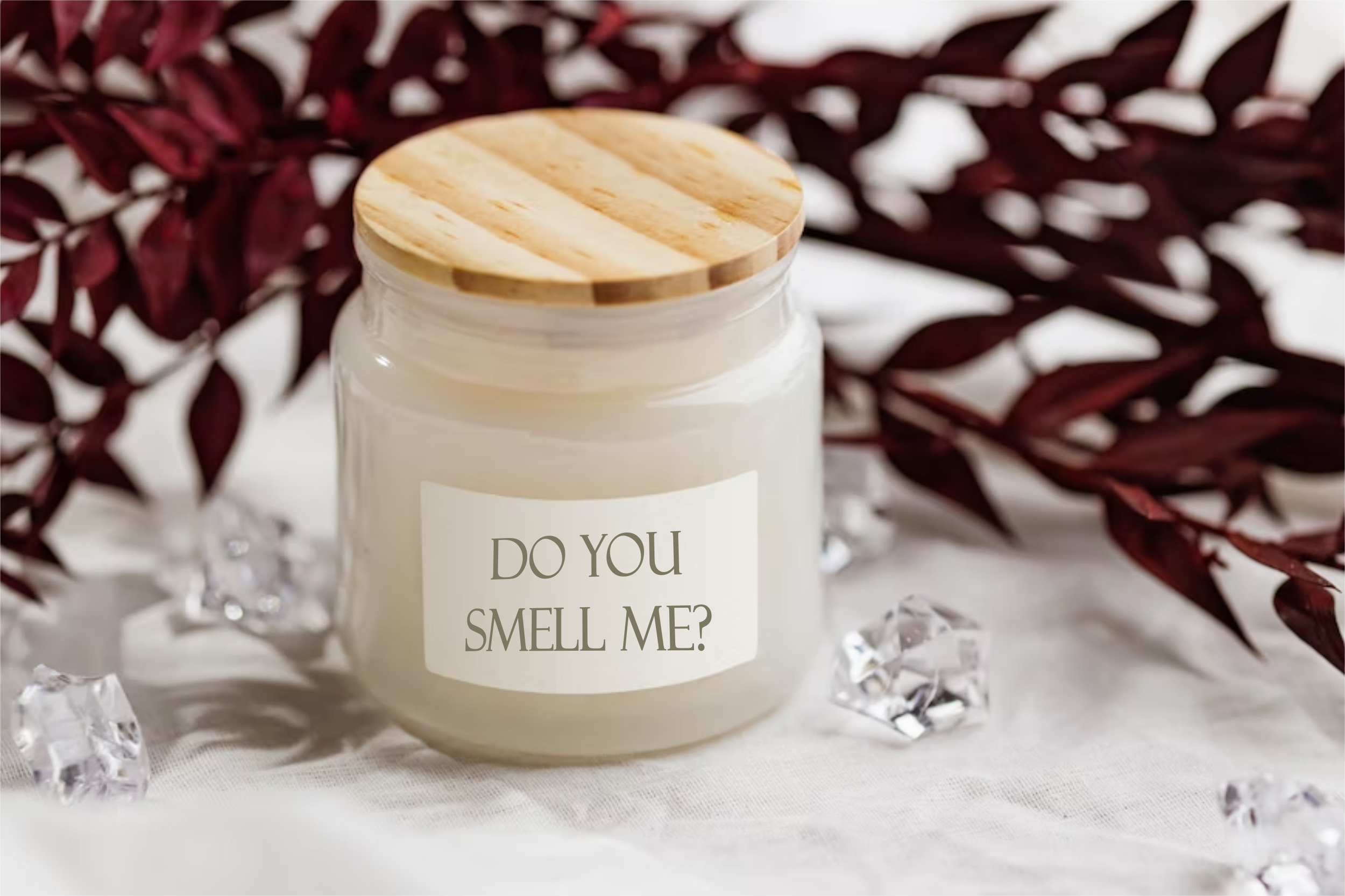Reviews as Data Points: Yankee Candle COVID Cases
There was a time when candles didn’t smell like squat! It wasn’t intentional, it was just that people couldn’t smell - they’d unknowingly lost a full 20% of their senses - and like any dissatisfied human, they took to the reviews!
This was both serious and funny. It was serious because a deadly virus was spreading unchecked throughout the country, but it was funny because the people HAD the virus and didn’t know! Bigtime LOL.
Okay, yes, it is funny. It’s dramatic irony, that classic gag where the audience knows something the characters don’t. You know, like when Oedipus killed his dad and slept with his mom, that old hoot.
But hang on now- in the world of big data, where trackers and cookies collect all these little bits of information on us (like whether or not we might be the candle-buying type), is there any chance a smattering of reviews about not being smell has actual value? Beyond humor value, obviously. Is this purely anecdote, or is there something here?
Let’s Look at Something
We aren’t scientists here at Review Party Dot Com, but we’ve always been the type who listen to what science says. Well we’ve got some science-doers, but let’s lay some groundwork before we get to their science.
Now, obviously the reviews were most likely indicators that people had caught COVID sometime before writing a review. And as it turns out, “there is indeed a correlation between Covid cases and the number of reviews complaining that Yankee Candles don’t have a smell. In early 2022, the rise of negative reviews mirrored official case counts.”
Things have changed over the past year, however, with boosters and relaxed restrictions, official case counts are less trustworthy than they once were. It’s harder for people to know if they just have a cold or something worse, since symptoms have changed as well, or are made milder due to vaccines and mutations.
So with voluntary testing on the downturn, voluntary reviewing has once again been discussed as a valuable source of real-life data.
Enter Nick Beauchamp, a Northeastern University political scientist and statistician who published a peer-reviewed paper about the correlation between Yankee Candle reviews and Covid data, titled “This Candle Has No Smell”: Detecting the Effect of COVID Anosmia on Amazon Reviews Using Bayesian Vector Autoregression.
In total, Beauchamp has run an analysis three times. Once in December 2021, again in June 2022 with data from the Omicron wave, and once again in October 2022.
The first analysis showed that there COVID cases predicted “no smell” reviews, meaning an increase of cases would show an increase in reviews. But this didn’t work the other way around, an increase in “no smell” reviews did not predict a rise in COVID cases.
This changed however, with the June 2022 analysis.
What I found is that the parameters of the model had changed a little bit, that the reviews really had become more predictive of Covid cases than before.
But with the latest analysis, this changed again. The October data showed the numbers of case counts vs. “no smell” reviews moving in opposite directions, instead of correlating with one another, as they had roughly the last three years.
Beauchamp wonders “is that because the official case counts are becoming so poor, because nobody’s reporting those cases, or even testing themselves?” And it’s for that very reason that the reviews are being scrutinized ever more.
While we know that not all reviews are to be trusted, there is very little incentive for someone to lie about their Yankee Candle not having a smell. There is, however, the issue of notoriety now attached to the reviews, not unlike in meme review products (like the Three Wolf Moon shirt, or How to Avoid Huge Ships), where the quality of reviews drops off as a product becomes “internet popular.”
Well, it looks like people are at least being informed about all this!




